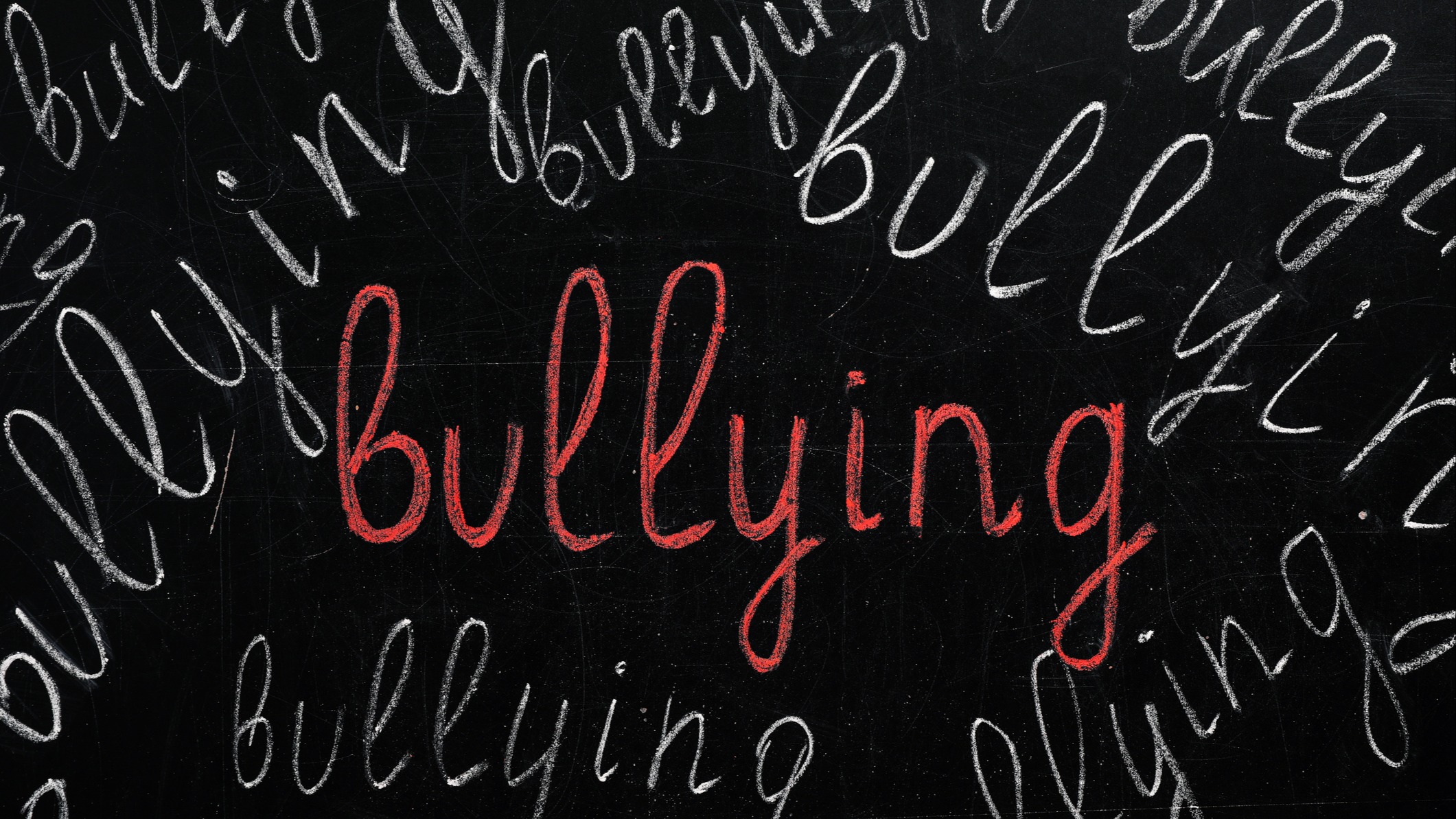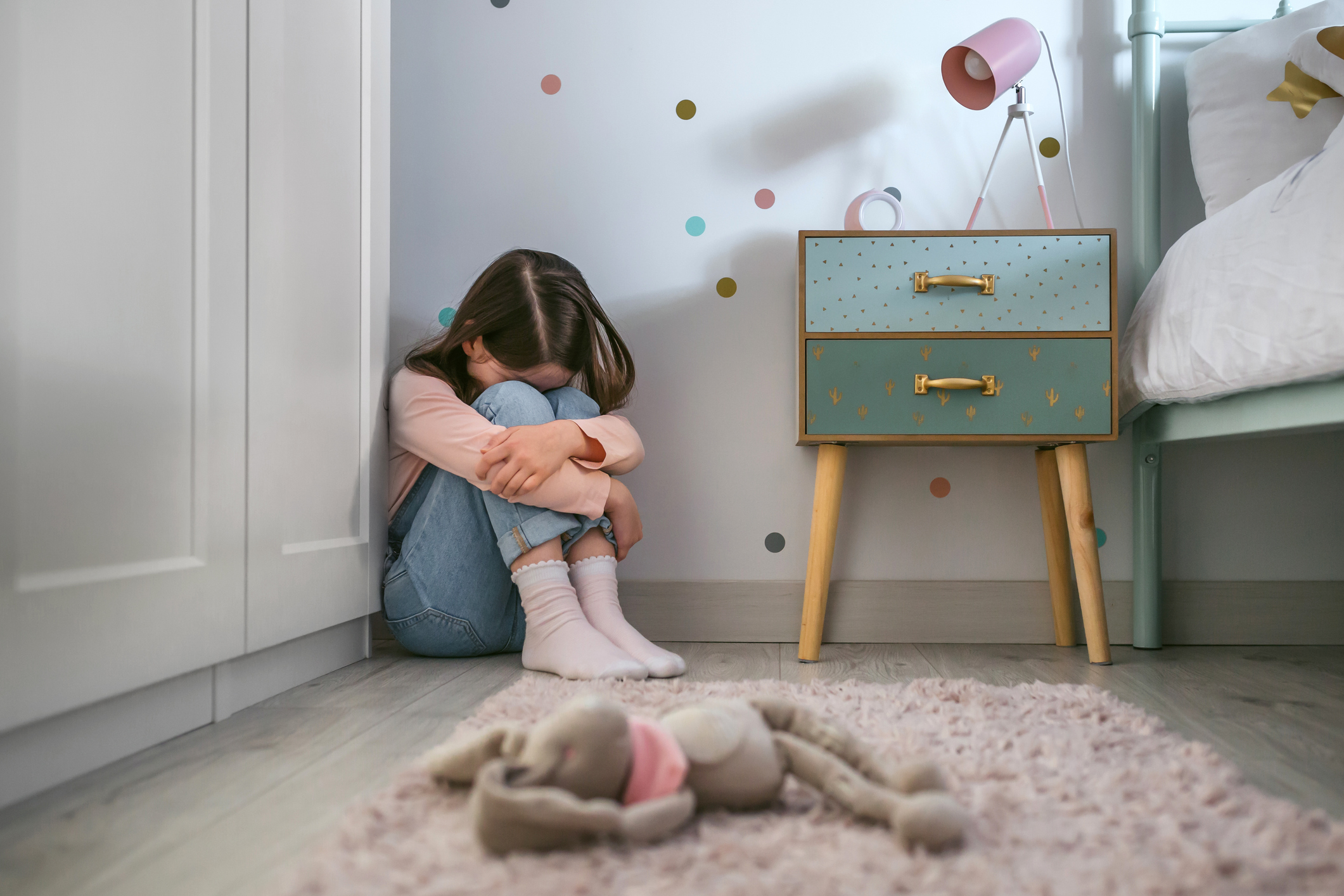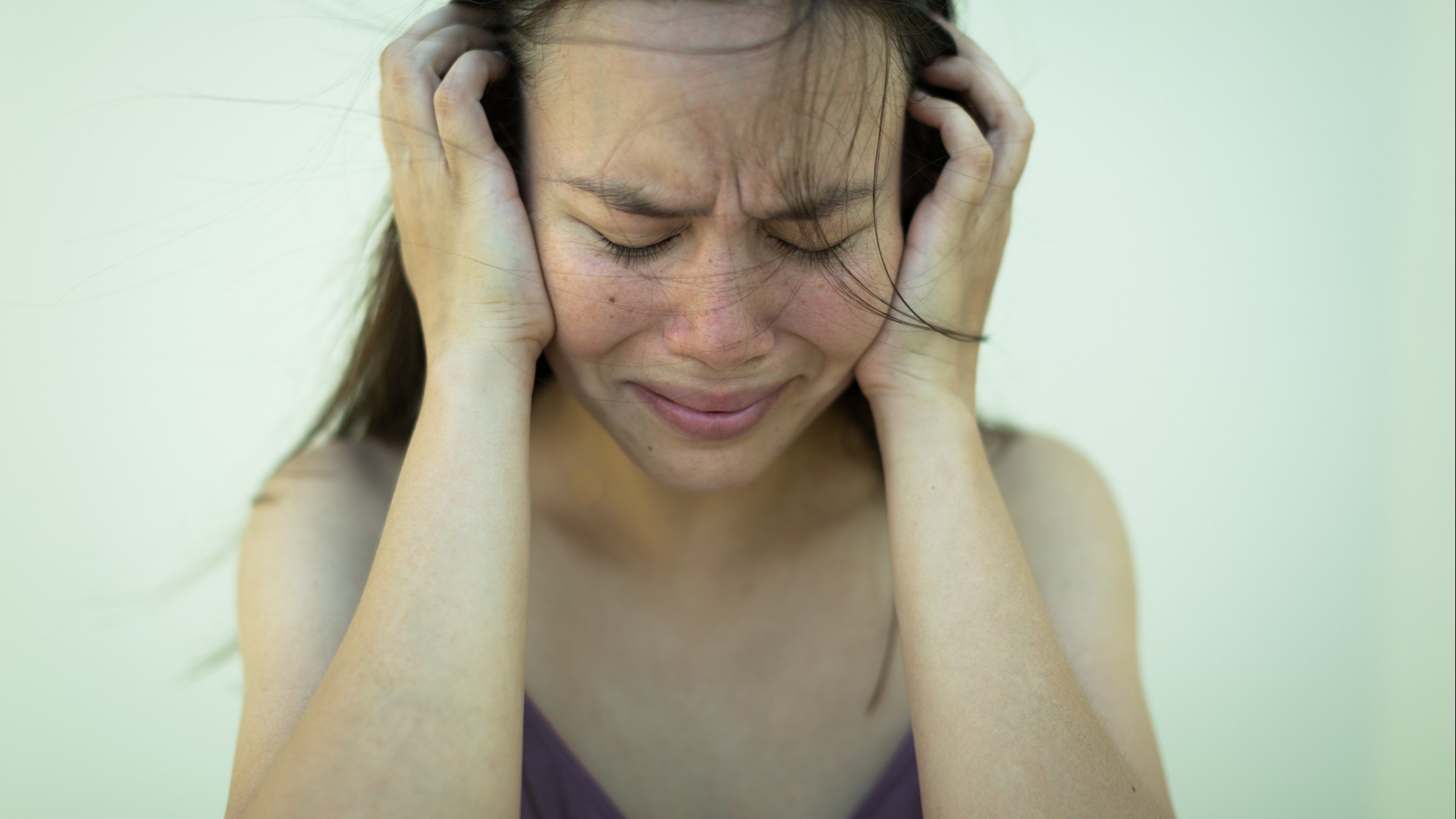
Trigger Warning: Mentions of suicide
A 10-year-old boy from Indiana recently took his own life after being repeatedly bullied because of his teeth and glasses. This tragic story is not a unique one, in fact, the risk of suicidal thoughts and behaviors is significantly higher in individuals who were or are currently bullied during childhood.
Bullying is a never-ending and ever-evolving reality of childhood, which we as a society need to deal with once and for all. According to the National Center for Education Statistics, about 20% of students aged 12 to 18 reported being bullied at school during the 2021/2022 school year. Bullying can take many forms, including physical, verbal, relational, and cyberbullying, all of which can severely impact a child's sense of safety and self-worth. Bullying can often go missed by teachers and parents, as when a child is threatened by another student, they’re likely not going to tell anyone about it.

Contrary to the popular myth, bullying does not make anyone stronger. It can affect a child’s mental and physical health so badly that it can hinder the development of their brain. And sadly, they may even continue the cycle of abuse themselves.
Bullying is damaging to a child’s current health and increases the chance of developing a mental health issue as an adult. So what does this mean?
Mental health issues linked to bullying

Depression
Depression is one of the most common mental health issues stemming from childhood bullying. Victims often internalize the negative messages and experiences from their youth, which can lead to persistent feelings of sadness, hopelessness, and worthlessness. According to a report published in medical journal BMC Psychiatry, 30% of children who were bullied develop depression later in life, regardless of whether they show depressive symptoms as a child.

Anxiety Disorders
Anxiety disorders, including generalized anxiety disorder, obsessive-compulsive disorder, social anxiety, and panic disorder, are also prevalent among those who experienced bullying. The chronic stress and fear instilled by bullying can leave lasting emotional scars that manifest as anxiety in adulthood. Research done by the University of Alberta discovered that around 40% of bullied children develop some kind of anxiety disorder.

Post-Traumatic Stress Disorder
In some severe cases, bullying can lead to PTSD. This is particularly true for those who experienced prolonged or severe bullying, which can be akin to psychological trauma. Both verbal and physical bullying can contribute, even when the threat no longer exists. Symptoms may include flashbacks, severe anxiety, and uncontrollable thoughts about the bullying episodes. According to research published in the scientific publication Journal of Abnormal Child Psychology, 40.5% of girls and 27.6% of boys show PTSD symptoms at the time of being bullied. And risk of developing further PTSD symptoms as an adult is significantly increased.

Psychotic disorders
Psychotic disorders such as schizophrenia, schizoaffective disorder, psychosis in bipolar disorder, schizotypal personality disorder, and even postpartum psychosis, can all be affected by childhood bullying and abuse. Research shows that bullied adolescents show changes in brain chemistry, specifically in glutamate levels, which are linked to early psychotic experiences such as hallucinations and paranoia. A study by the University of Warwick found that kids bullied by their siblings are up to three times more likely to develop psychotic disorders like schizophrenia by early adulthood. That’s three times more likely to develop one or more of the disorders

Suicidal ideation
Bullying victims are more likely to contemplate, attempt, and succeed in suicide compared to their non-bullied peers. The Centers for Disease Control and Prevention reported in its Youth Risk Behavior Surveillance System data that bullied youth are 2 to 9 times more likely to consider suicide than non-bullied youth. The same report also shows that nearly 19% of high school students who reported being bullied on school property had seriously considered attempting suicide in the past year. Again, this is not just ‘another part of school’ that kids have to go through, it’s literally a life-or-death situation that we as a society need to deal with — today.
The time is now.

There’s no quick fix, or even a permanent fix for bullying, unfortunately, but we could be saving a lot more lives and making life significantly easier for children by implementing comprehensive antibullying programs. Programs that not only address the behavior of the bullies but also provide support to victims. Early intervention and mental health support are crucial in mitigating the long-term effects of bullying.
Teachers and parents should be trained to recognize and treat issues stemming from mild teasing to severe abuse, offering a safe space to come forward. That’s not to say there aren’t already programs in place, but the statistics don’t lie: we all need to do better.
_Note: If you or any of your loved ones are struggling with suicidal thoughts, you can always reach out to the 988 Suicide & Crisis Lifeline by calling 988. They are available 24/7 by phone or online chat.




